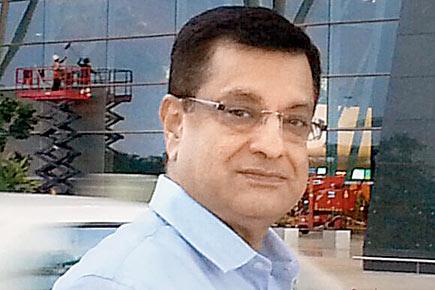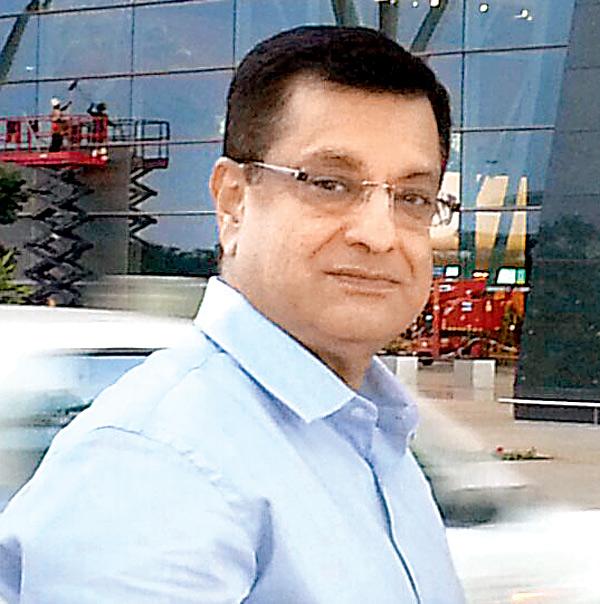The government’s proposal of the MTP Amendment Act 2014 permits non-allopath doctors to conduct abortion. Phorum Dalal speaks to a gynaecologist to find out how it can pose a threat to a patient’s life

Dr Raju Sahetya
Last week, the government proposed Medical Termination of Pregnancy (MTP) Amendment Act 2014 which would raise the limit of permitting an abortion for up to 24 weeks of pregnancy from the current limit of 20 weeks. It also proposes to allow ayurvedacharyas, homeopaths and trained nurses to conduct the procedure.
ADVERTISEMENT

Dr Raju Sahetya
While lauding the move to raise the limit to 24 weeks and beyond, as it will enable doctors to detect major anomalies using ultrasound, Dr Raju Sahetya, president of Indian Society of Prenatal Diagnosis & Therapy (ISPAT), who wrote a letter to the health ministry last week asking them to rethink the changes in this act, says entrusting non-allopath doctors with the responsibility to conduct this sensitive procedure will pose a risk to the patient’s life and also have an adverse effect on India’s sex ratio. Excerpts:
Q. What is the MTP Act of 1971?
A. The MTP Act of 1971 allows registered medical practitioners to carry out abortions for up to 12 weeks of pregnancy, while more qualified doctors, who have facilities such as operation theatre and post-operation care units, are allowed to conduct an abortion for up to 20 weeks. This act made the procedure safer, with fewer side effects and complications. Now, with the advance in technology, doctors can conduct ultra-sound imaging and detect defects be it genetic or those that threaten the survival of the child at birth.
Q. What is the MTP Amendment Act of 2014?
A. The proposed amendment in October 2014 raises the limit to conduct abortions up to 24 weeks of pregnancy. This will help to make a well informed decision to terminate the pregnancy. However, the government’s proposal also allows non-allopaths, namely ayurvedacharyas, homeopaths and trained nurses and midwives, to conduct abortions. If this happens, we will roll back in the advances we have made in women’s healthcare so far.
Q. How will this pose a threat to the patient’s life?
A. Up to seven weeks of pregnancy and after a thorough evaluation, an allopath administers tablets to the patient as it can lead to excessive bleeding. The doctor always informs patients about the risks and side effects, which include excessive bleeding, pain, infection, infertility due to rupture of the uterus. If the responsibility is given to non-allopaths, the risk of complications and mortality could increase. Alternately, up to 12 weeks, a pregnancy is aborted surgically using anaesthesia by a procedure termed as suction evacuation, which is a blind procedure and must be carried out preferably by a skilled allopathic surgeon. A bad job can pose a risk to the patient’s life. Also, if termination is available at large, this will lead to illegal abortions, which will affect the ratio. Due to the PCPNDT Act, the female/male sex ratio in Maharashtra is 946/1,000 this year compared to 896/1,000 in 2012.
 Subscribe today by clicking the link and stay updated with the latest news!" Click here!
Subscribe today by clicking the link and stay updated with the latest news!" Click here!







